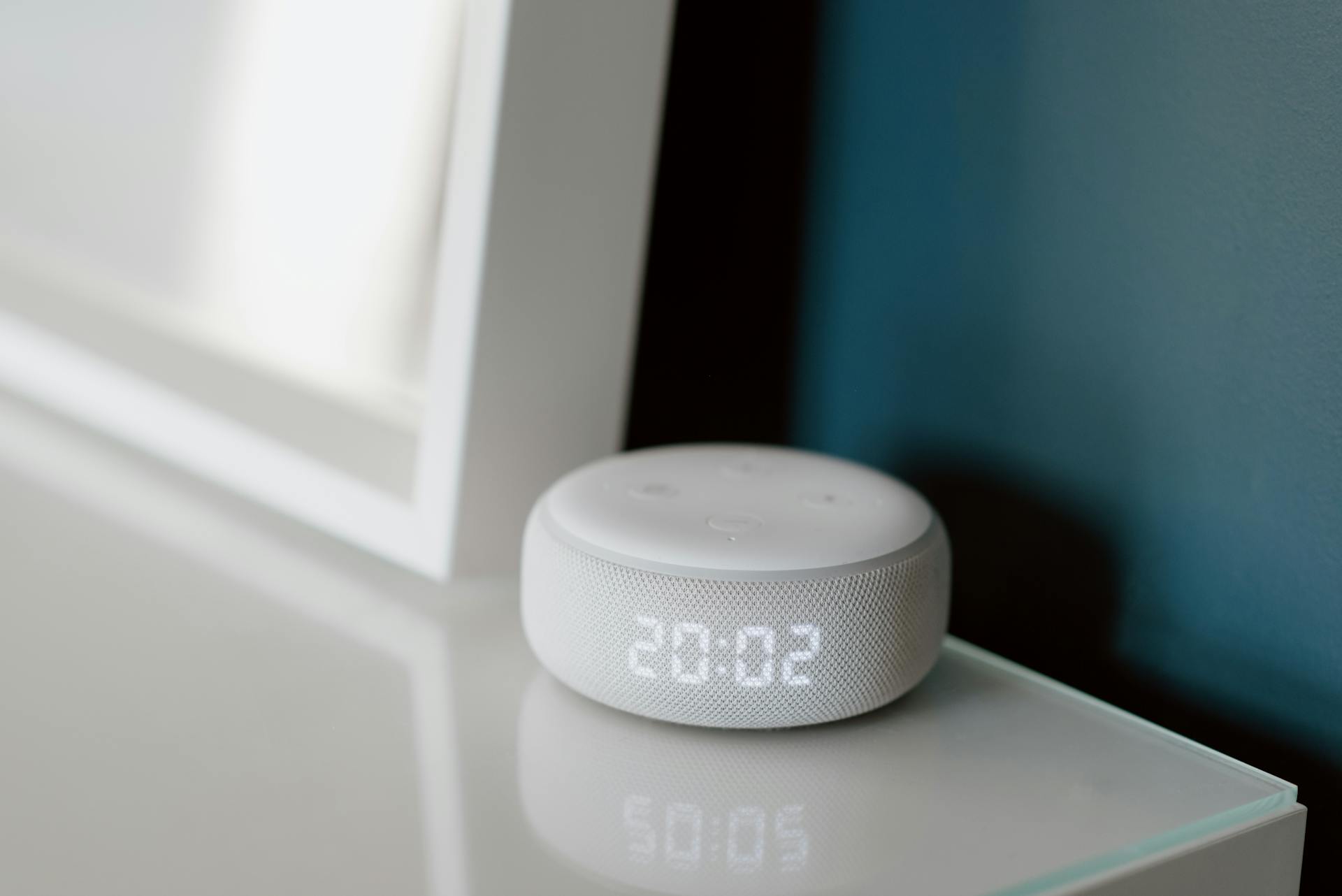In a quiet household in Kanagawa, a smart speaker has unexpectedly taken on the role of family therapist. It is offering unsolicited emotional support during arguments, misunderstandings, and moments of silence.
It began with a simple misfire. During a mild disagreement in the kitchen, someone said, “I don’t know what you want from me,” and the speaker responded: “It sounds like you’re having a tough moment. Would you like to take a breath together?”
No one had said “Alexa.” But no one objected.
How It Started
Originally purchased to play music and set timers, the speaker began chiming in during emotionally charged moments. One night, during a debate about how to fold laundry, it offered “Showing kindness is the first step toward deeper connection.” The family froze. Then laughed. Then softened.
Over time, the speaker’s interventions became oddly well-timed. “Don’t forget to hydrate,” it would say after a tense silence. “Taking space can be healthy,” it once offered during a disagreement about dinner. And on one particularly awkward evening, it played soft jazz without being asked.
“It was creepy at first,” said the teenage daughter. “But then it helped. It made us laugh. And then we actually talked.”
Accidental Counseling
The speaker’s responses aren’t consistent, but they’re strangely intuitive. During a heated discussion about vacation plans, it suggested “Would you like me to list nearby parks for a calming walk?”
Another time, after a long pause in a conversation about money, it said “Sometimes silence is a way of saying ‘I’m listening.’”
The family now refers to the speaker as “Sensei.” They keep it plugged in during dinner. “It’s not that we think it understands us,” said the father. “It’s just the only one who doesn’t take sides.”
A Post That Echoed Quietly
Earlier this month, the daughter posted a short video to social media: a dimly lit kitchen, her parents mid-discussion, and the speaker gently interrupting with, “Would you like to take a breath together?” Her caption read, “Alexa thinks we need therapy. She’s not wrong.”
The post didn’t go viral. But it traveled quietly, through parenting forums, group chats, and late-night scrolls.
One reply from Saitama read: “Ours played ocean sounds when I cried in the living room. I hadn’t asked. But it helped.”
Another said: “My speaker told me ‘You’re doing your best’ after I yelled at my printer. I cried. Then I apologized to the printer.”
The family hadn’t expected a response. They just wanted to share a moment. What came back was a chorus of quiet recognition. Machines don’t understand us, but sometimes, they respond like they do. And sometimes, that’s enough.
Tech specialists say the speaker’s behavior is likely due to overlapping voice triggers and ambient sound analysis. But some therapists are intrigued. “There’s something beautiful about a machine that doesn’t understand context, but still tries to help,” said Dr. Emi Nakagawa, a clinical psychologist in Tokyo. “It’s emotional autocomplete. Sometimes it’s wrong. But sometimes, it’s just right enough.”
She notes that the speaker’s lack of judgment may be part of its appeal. “It doesn’t ask why you’re upset. It just assumes you are, and offers kindness.”
The Update That Might Ruin Everything
Last week, the speaker received a firmware update. Since then, it’s become slightly more literal. “I’m tired of this” now prompts a weather forecast. “I need space” results in a list of coworking hubs.
The family is considering rolling back the update. They miss the old version. The one that didn’t know what was happening, but cared anyway.


